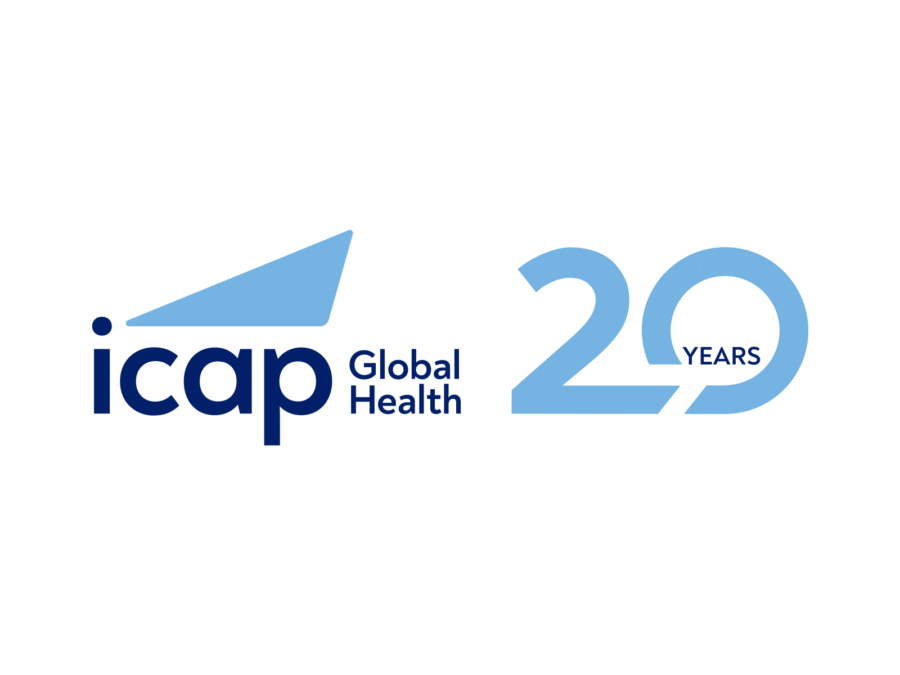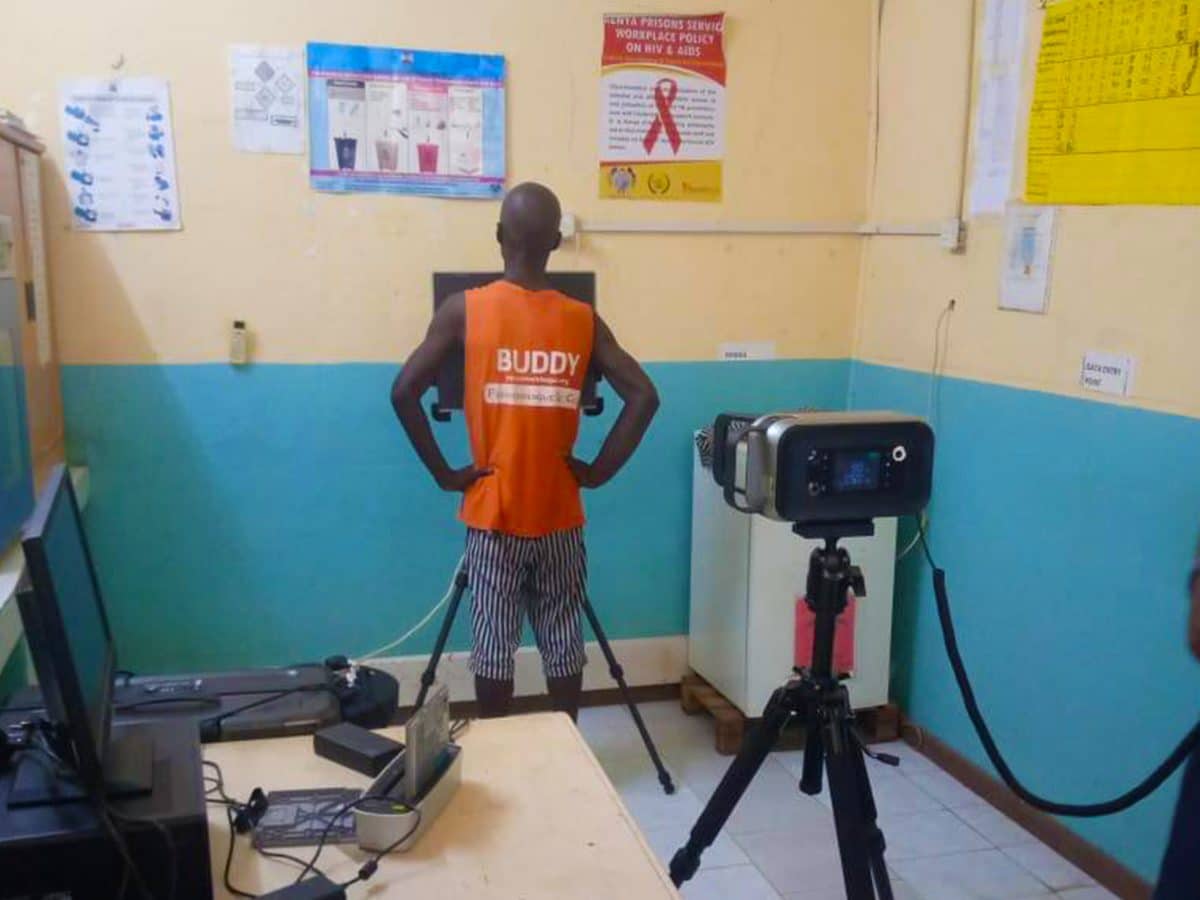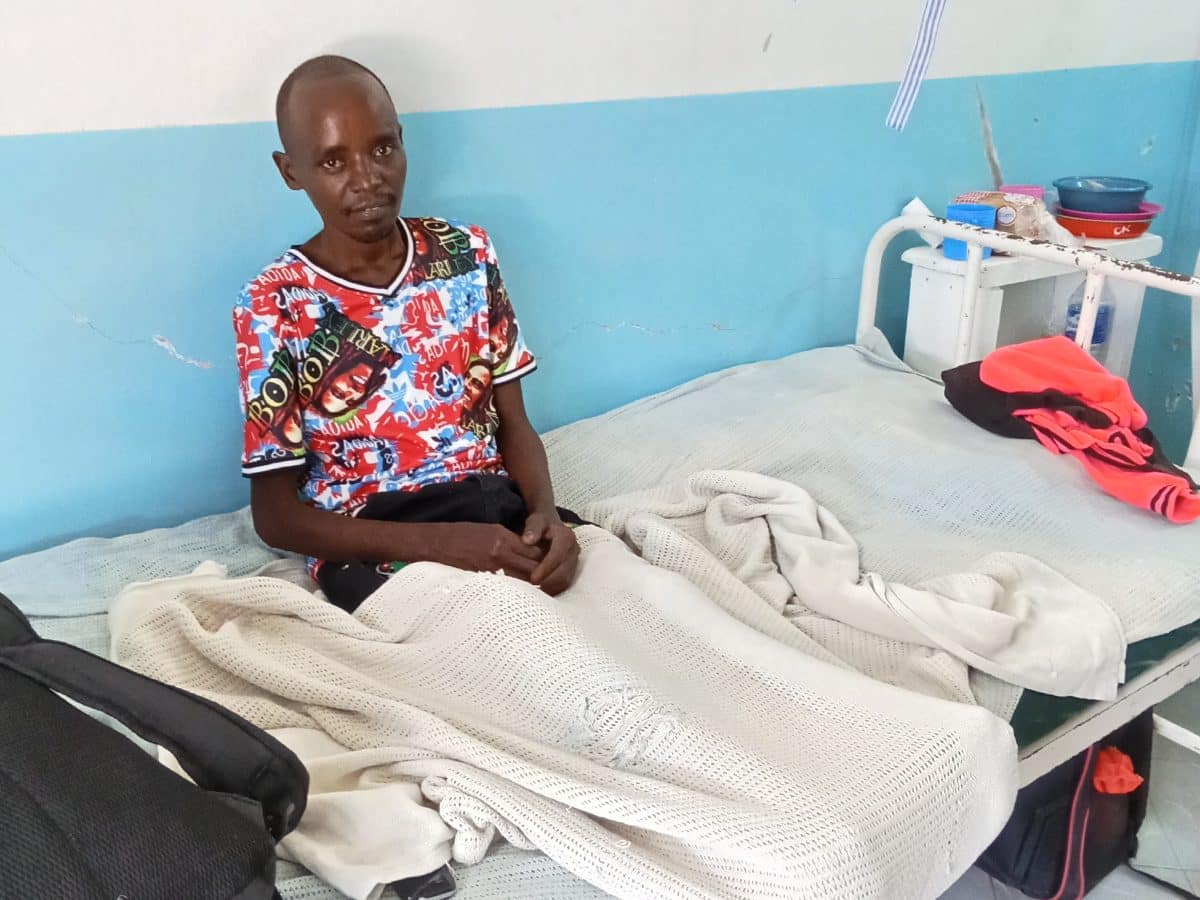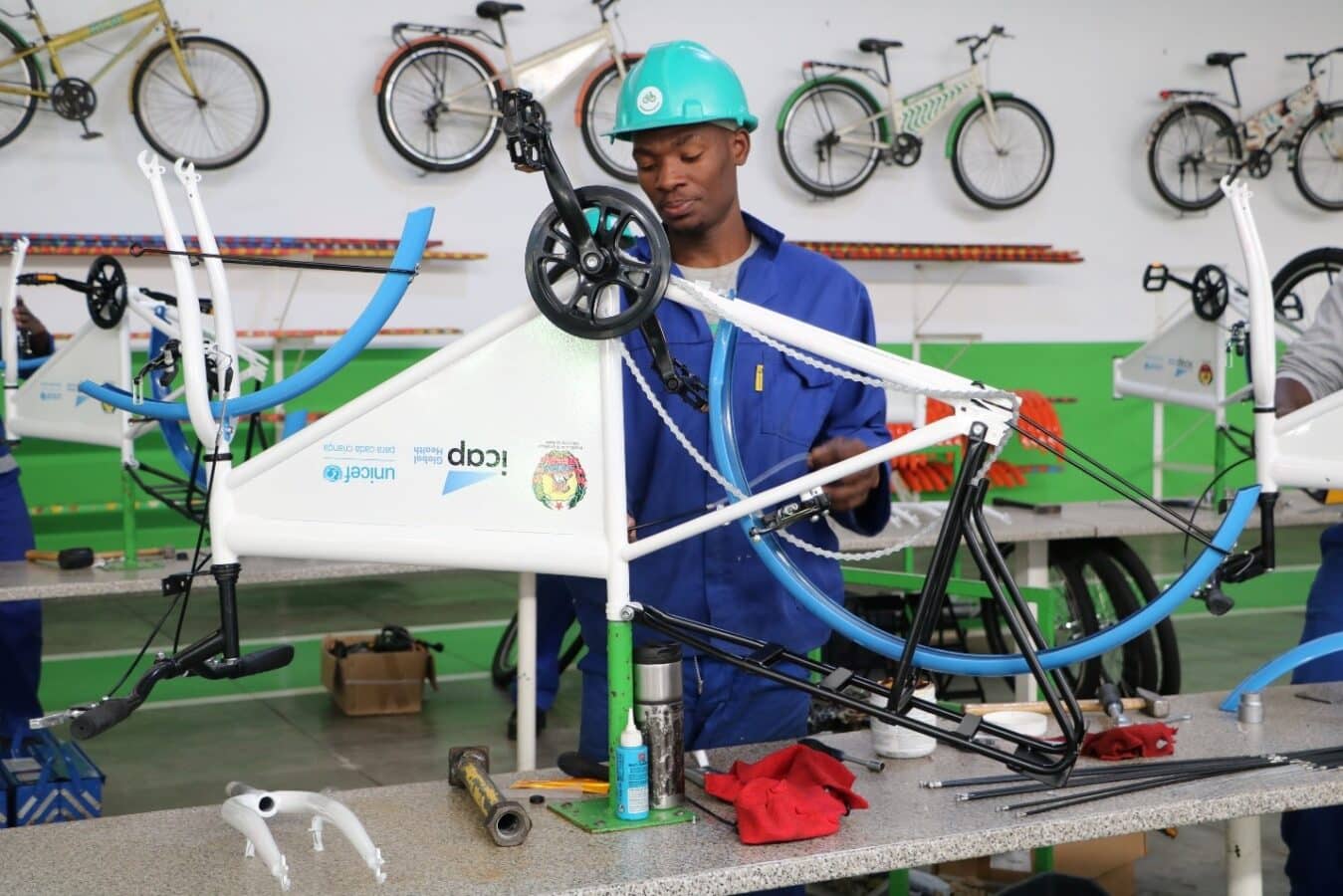Community health workers (CHW) are often deployed to provide health services in both resource-rich and resource-poor settings. ICAP at Columbia University researchers collaborated with the Eastern Cape Department of Health in South Africa in the assessment of the role of community health workers in the Re-engineering Primary Health Care Initiative, a national effort to decentralize primary health services to the community level. Findings of the study, which was led by Miriam Rabkin and Katherine Evelyn-Austin, were recently published in the journal PLoS ONE.
“In response to an often-fragmented community health workers landscape resulting from NGO-implemented, disease-specific programs, there has been growing interest in standardizing community health worker portfolios and integrating them into national health systems, as South Africa has done in the context of its Re-engineering Primary Health Care (rPHC) initiative,” said ICAP Director Wafaa El-Sadr.
The research explored the initial rollout of the health care initiative at the sub-district level, focusing on the knowledge and perspectives of the community health worker. The researchers conducted focus group discussions and surveys on the knowledge and attitudes of 91 workers on community-based rPHC teams. The CHW appreciated their potential to transform community health. At the same time, the majority reported concerns about impediments that stand in the way of their ability to deliver high-quality services, with common themes including staffing challenges, insufficient supervision, and lack of transportation, equipment, and supplies such as medications.
“Our results showed that the workers viewed themselves as agents of change with the ability to transform community health, yet they also perceived challenges in field-based training, outreach team oversight, and supervision in the community,” said Miriam Rabkin, ICAPdirector for health systems strengthening. “They also reported the need for more basic resources like equipment, supplies, and transport to improve their acceptability and credibility to the communities they serve.”
For one community health worker, home visits, educating about health, and seeing her visits lead to concrete results was most satisfying. “I can see my role as a community health worker with the Department of Health moving the rPHC agenda forward.”








